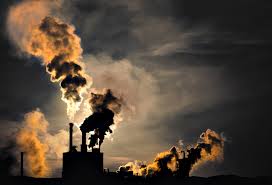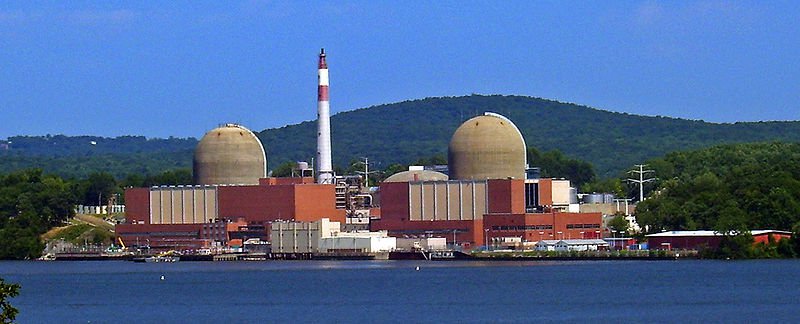Japan has restarted its first nuclear reactor to generate power since 2013. And that’s really bad news. Remember what happened in 2013? Why Japan closed all of its reactors abruptly and why we’re still tracing the spread of radioactive material across our Pacific Coast and into the atmosphere? See more news and opinion from Thom Hartmann at Truthout here. First …
Washington’s Blog – Obama Sells Out Human Health and the Environment By Making Nuclear Energy a Centerpiece of Climate Policy
Obama has made nuclear energy a centerpiece of his climate push. In reality, nuclear is NOT a low-carbon source of energy … and funding nuclear crowds out the development of better sources of alternative energy. Mark Jacobson – the head of Stanford University’s Atmosphere and Energy Program, who has written numerous books and hundreds of scientific papers on climate and energy, and testified before …
Margaret Atwood – It’s Not Climate Change – It’s Everything Change
he future without oil! For optimists, a pleasant picture: let’s call it Picture One. Shall we imagine it? There we are, driving around in our cars fueled by hydrogen, or methane, or solar, or something else we have yet to dream up. Goods from afar come to us by solar-and-sail-driven ship — the sails computerized to catch every whiff of air — or else …
Nuclear power station cancer warning: Breast cancer rates are FIVE TIMES higher at Welsh plant – and twice as high at Essex and Somerset sites, experts reveal By LIZZIE PARRY
Women living downwind from nuclear power plants are at five times greater risk of developing breast cancer, experts have warned. In three separate studies, a team of scientists looked at the rates of various cancers in populations living close to Trawsfynydd power station in North Wales, Bradwell in Essex and Hinkley Point in Somerset. They discovered breast cancer rates, in …
Did We Almost Lose New York? – Harvey Wasserman
For the third time in a decade, a major fire/explosion has ripped apart a transformer at the Indian Pointreactor complex. News reports have taken great care to emphasize that the accident happened in the “non nuclear” segment of the plant. Ironically, the disaster spewed more than 15,000 gallons of oil into the Hudson River, infecting it with a toxic sheen that carried downstream for miles. Entergy, …
Our Nuke is Burning! – KARL GROSSMAN
In 1976, Robert Pollard, a rarity among U.S. government nuclear officials—honest and safety-committed—said of the Indian Point nuclear power station that it was “an accident waiting to happen.” Pollard had been project manager at Indian Point for the U.S. Nuclear Regulatory Commission (NRC) from which he resigned at that time charging the NRC “suppresses the existence of unresolved safety questions …
Renewable Energy isn’t a Shortcut to Reversing Global Warming – PETE DOLACK
Denmark has distinguished itself as the country moving the fastest toward the eventual replacement of fossil fuels. Its goal of 100 percent renewable energy by 2050 is laudable, but the assumption that this path will reverse global warming while otherwise continuing business as usual, is unrealistic. At first glance, Denmark has made remarkable strides. The country’s intention to totally eliminate …
World group seeks ban on uranium and nuclear power – Paul Brown
It’s time to end the myth that nuclear power is a cost-effective, practical or safe response to climate change, says World Uranium Symposium. LONDON, 24 April, 2015 − Uranium mining across the world should cease, nuclear power stations be closed and nuclear weapons be banned, according to a group of scientists, environmentalists and representatives of indigenous peoples. Three hundred delegates from …
Project Censored – Fukushima four years and forever – 03.10.15
Four years have now passed since the Fukushima nuclear disaster began. This week’s Project Censored Show looks at Fukushima from several perspectives. Attorney Charles Bonner provides an update on the lawsuit seeking damages for the US Navy sailors who’ve suffered debilitating injuries since their ship was sent into the disaster zone to do relief work. Cindy Folkers speaks about the hazards of radioactive particles, and the inadequate monitoring of the Fukushima radiation releases. Retired nuclear engineer Arnie Gunderson looks at the overall safety record of nuclear power and finds it wanting. And Libbe HaLevy explains how people can minimize their radiation exposure.









